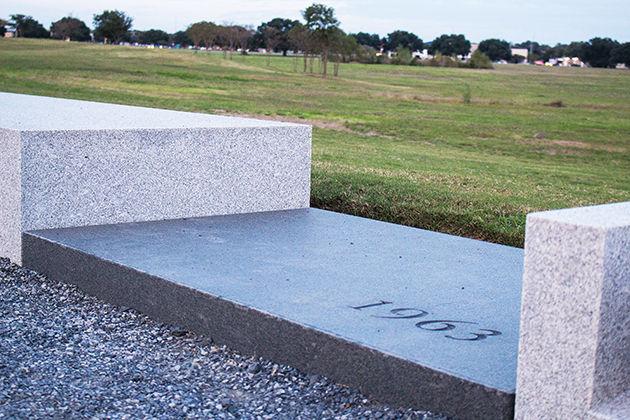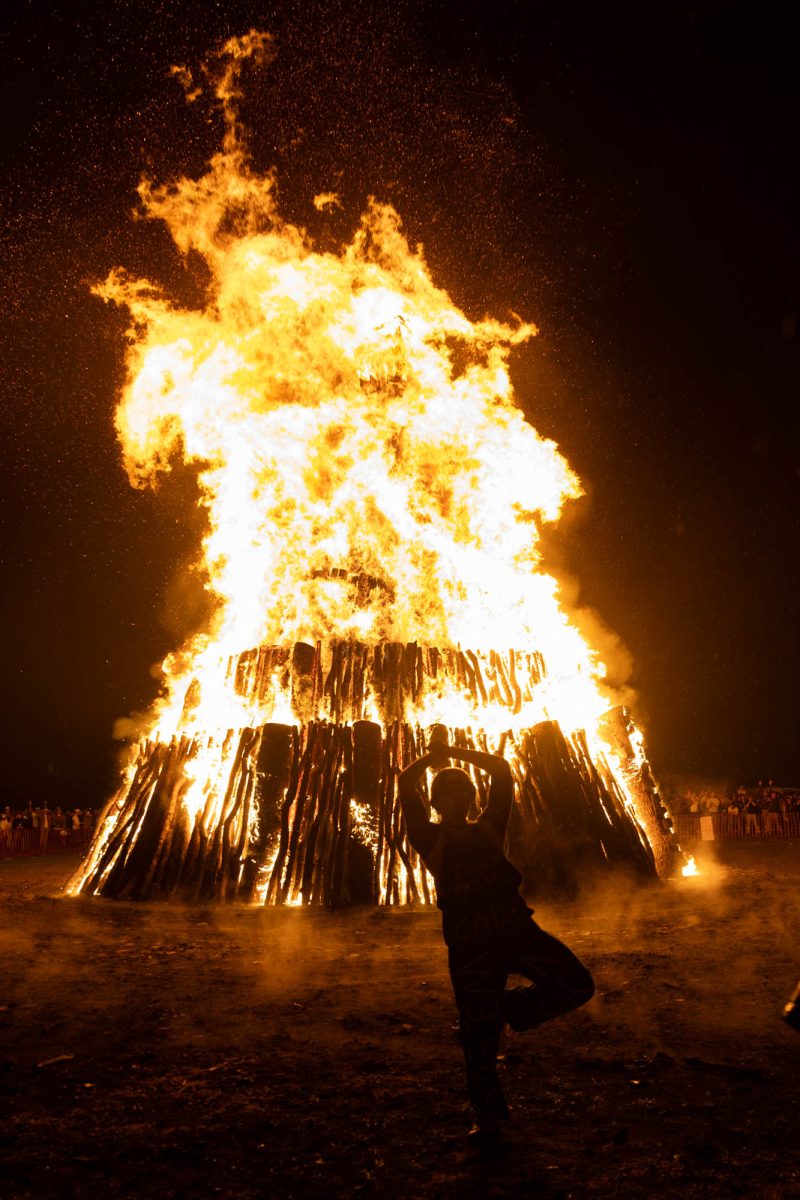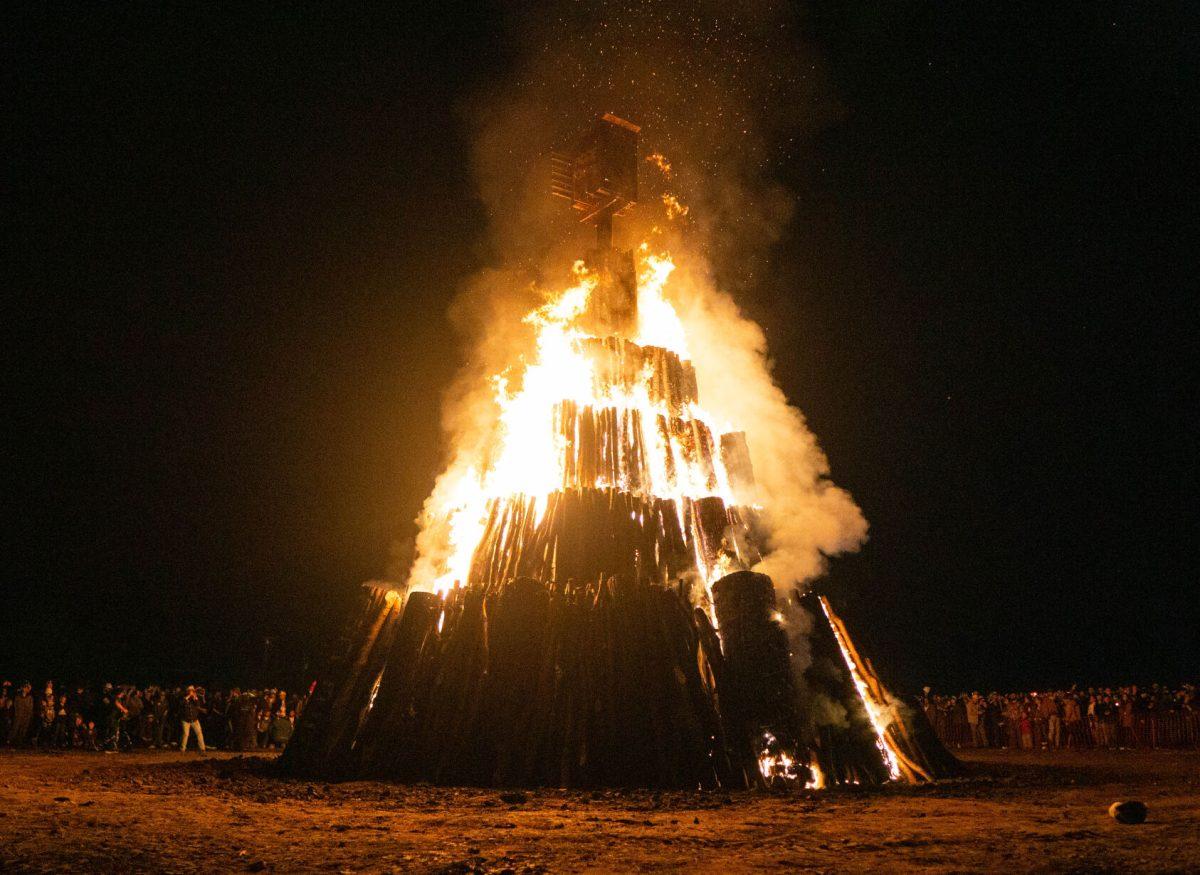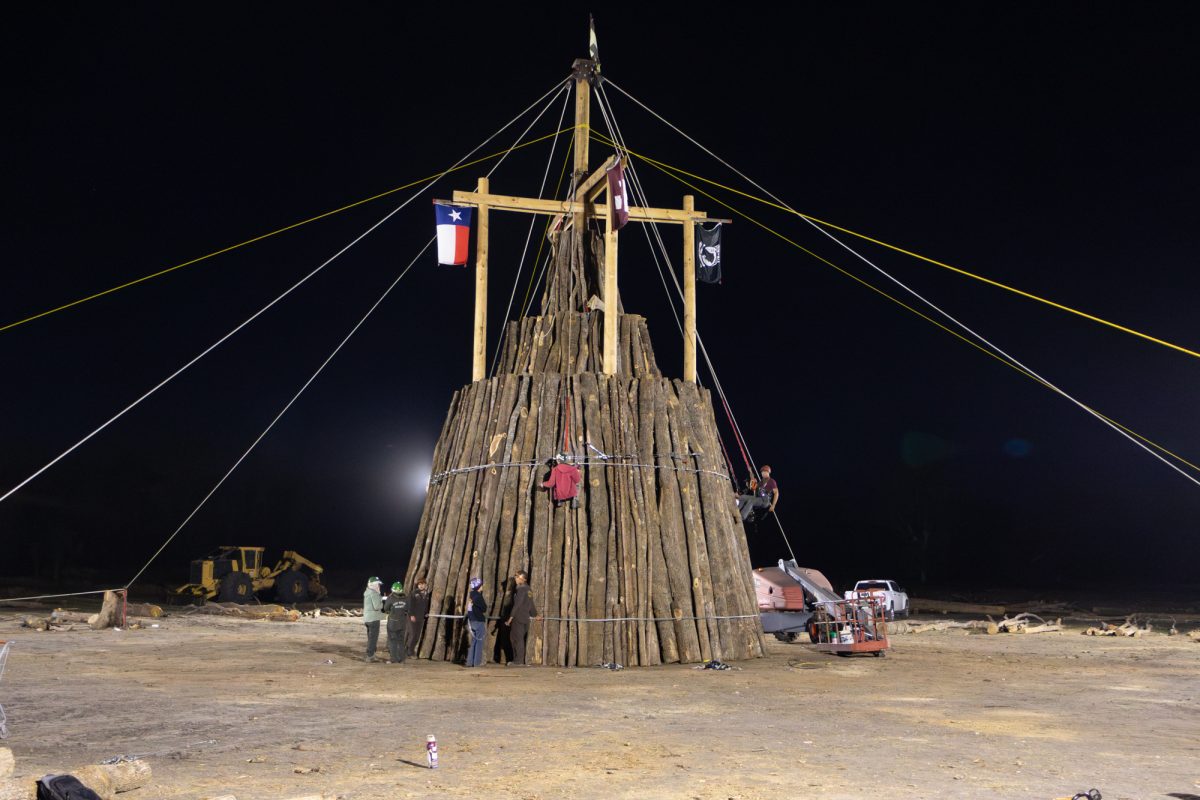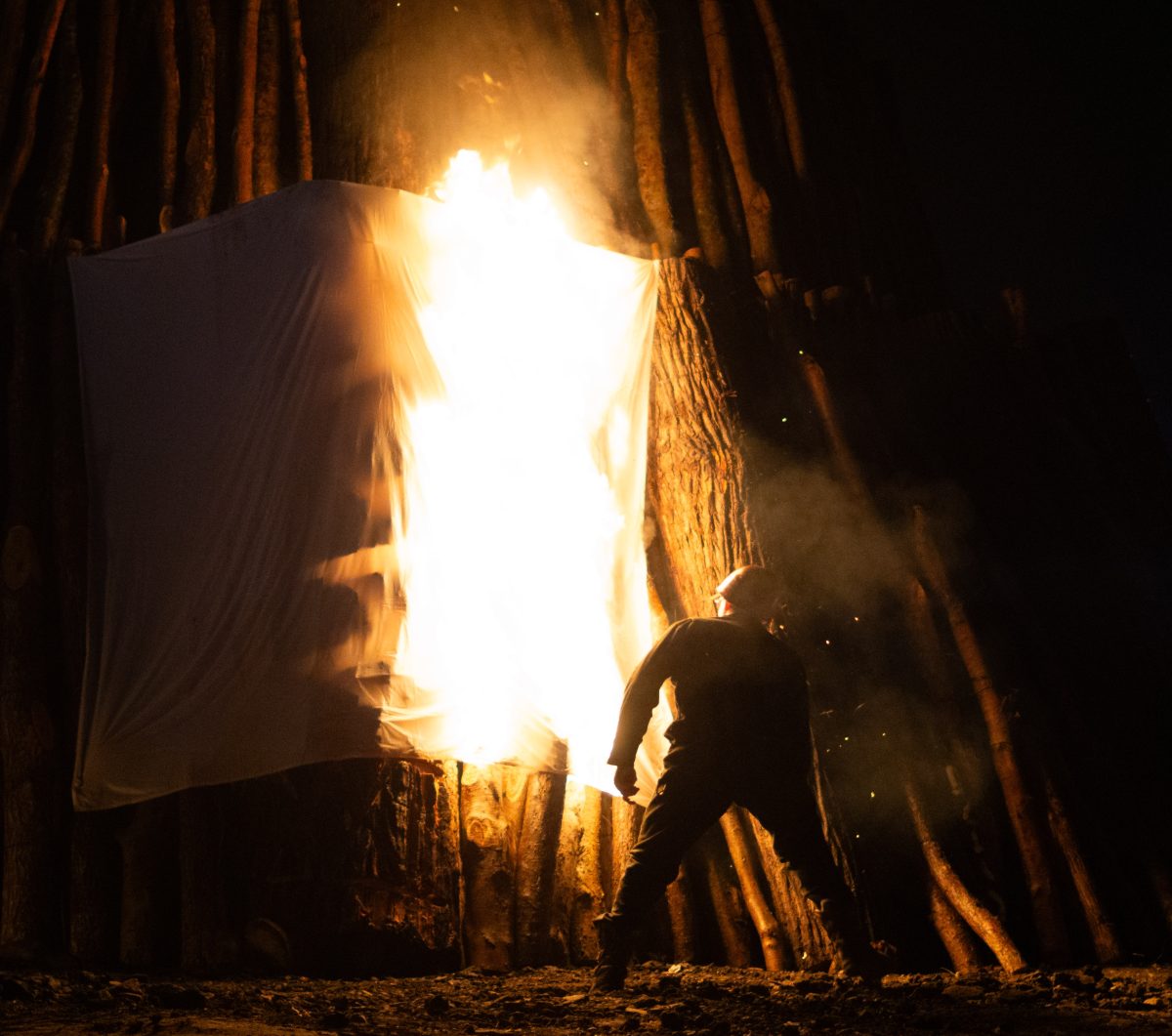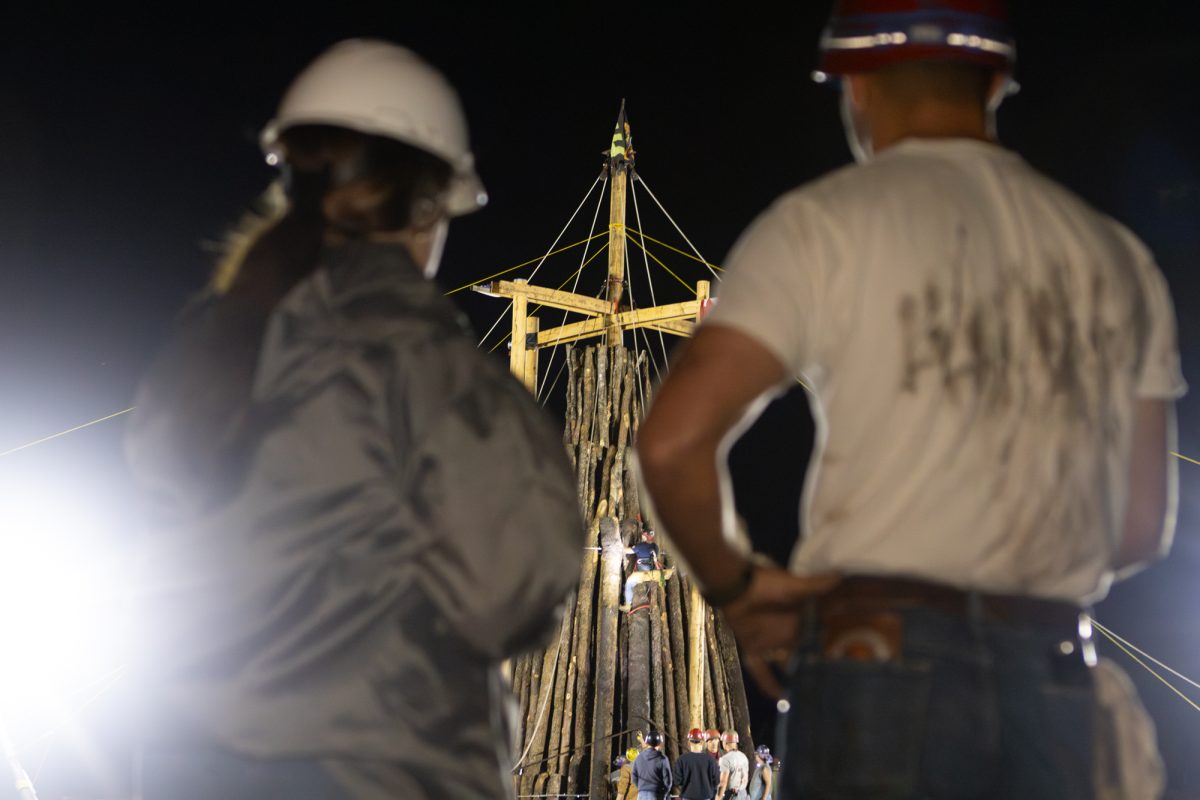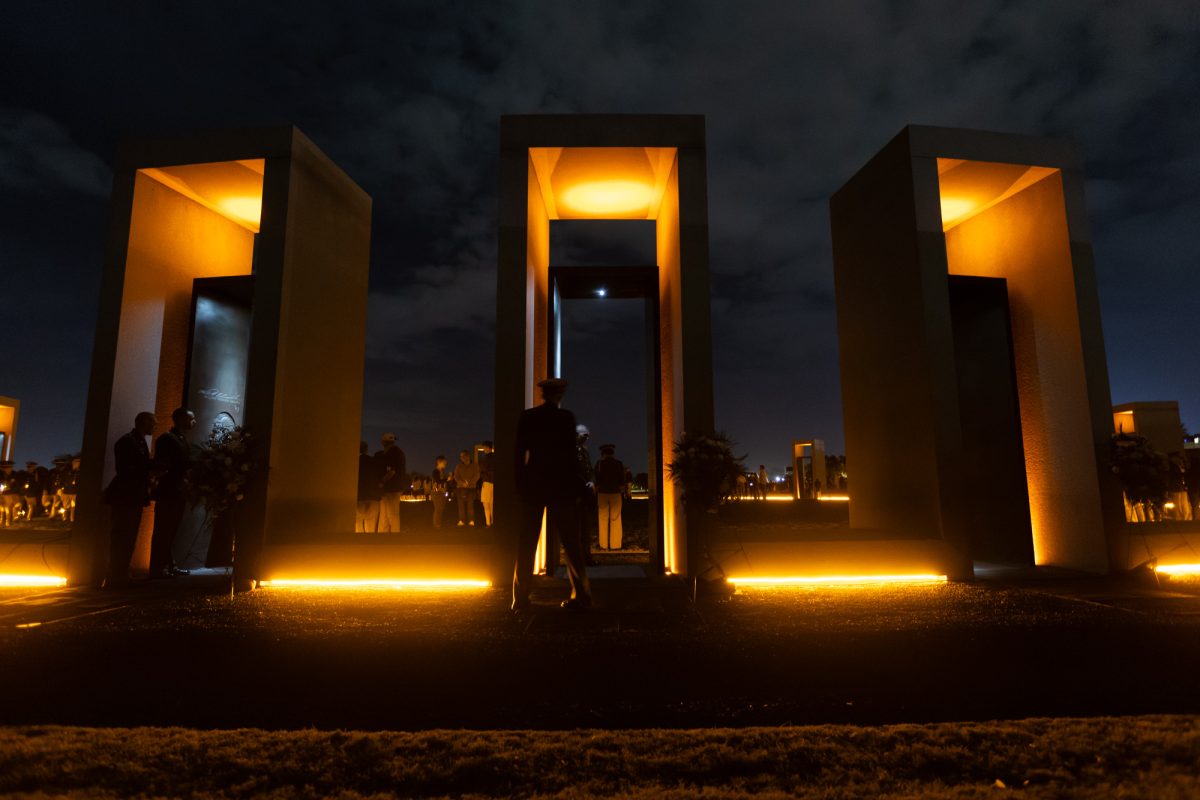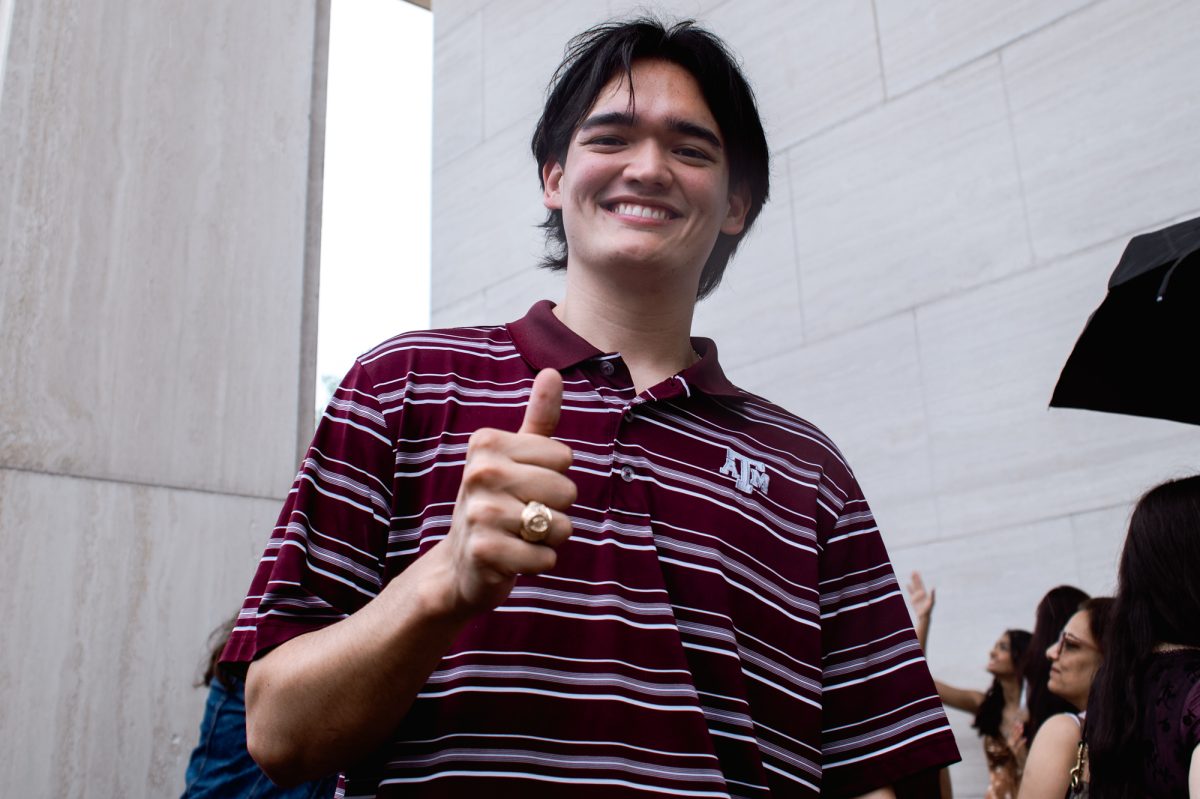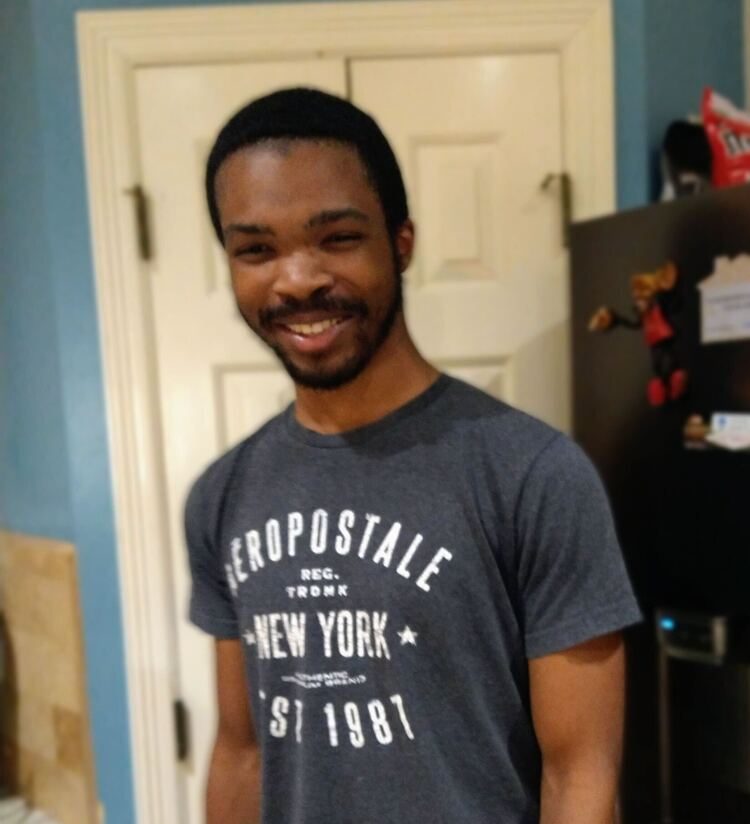Prior to the 1999 Aggie Bonfire Collapse, Bonfire was lit every year since the tradition began in 1909 with the exception of the Bonfire in 1963.
The assassination of President John F. Kennedy in Dallas on a Friday afternoon in 1963 prompted widespread reactions, including in Aggieland.
Aggie Bonfire was scheduled to burn on Texas A&M’s campus Wednesday, Nov. 27 — the night before the infamous Thanksgiving Day football game against archrival University of Texas. The 95-foot Center Pole was put up on Nov. 21 with cutting scheduled to begin Saturday morning.
It would have been the largest Bonfire built by Texas A&M’s student body up to that time, but news of Kennedy’s assassination would change everything.
Jeff Harp, Class of 1964 and vice president of the 1963 Civilian Student Council, said he heard about Kennedy’s death during an electronics class around 1:30 p.m. on Friday, Nov. 22, roughly an hour after the Dallas incident.
“Sometime during that class, the news informed us that President Kennedy had died,” Harp said. “The instructor turned off the radio, picked it up and walked out of the class without a word, and we all left numb. I really don’t recall much during the days that followed. I’m sure the entire campus was in shock. Some activities were planned; others were cancelled.”
According to a Battalion article from Wednesday Nov. 27, 1963, coach Hank Foldberg and student leaders met in then-A&M President James Earl Rudder’s office Friday evening, where they decided unanimously to cancel Aggie Bonfire. Mike Marlow, head yell leader at the time, is quoted to have said the decision was made out of respect for President Kennedy.
“We realize that this bonfire probably would have been one of the largest in A&M’s history, but that is all the more tribute and sacrifice we are making for the death of our president,” Marlow said according to the article.
Anthony Stranges, history professor, said the entire nation was stunned by the event.
“I think television went around the clock then, maybe just for that weekend, but I remember that is all that we did,” Stranges said. “From the time of the announcement, Friday, Saturday, Sunday, the country in a sense stopped. I don’t know of today anything that would have quite that kind of an impact.”
Glenn Dromgoole, Class of 1966 and Battalion news editor in 1963, said Bonfire was given up to reflect the mood of nationwide mourning.
“We had already been working on it all week and that weekend would have been when we put all the finishing touches on it and work just stopped,” Dromgoole said. “I didn’t know what we were going to do, somebody — I guess the university — decided to have a memorial service. It was a solemn time but it also was a memorable thing.”
An editorial from The Battalion that ran Monday, Nov. 25, 1963 described the importance of Bonfire to Aggies, but countered that cancelling Bonfire was necessary to pay tribute to Kennedy.
“The cancellation of the Aggie Bonfire should not be thought of only as a way to pay respect to a former President of the U.S. or to the office which he held, though either would be deserving of that sacrifice,” the editorial read. “It should be remembered as a sacrifice for the wound that has been inflicted upon our way of life.”
Royce Knox, a yell leader from the Class of 1964, said even though Bonfire was cancelled, yell practice and the UT-A&M Thanksgiving game went on.
“There was quite a bit of discussion about whether we were going to play the game or not,” Knox said. “In fact there were some games that were cancelled, but there was a lot of football fans that wanted to see that game, so it went on.”
Knox and Dromgoole said the 1963 game was a chance to get back at UT for their upset of Texas A&M in 1940.
“Texas was number one in the nation. We had them 13 to 3 going into the fourth quarter and blew it,” Dromgoole said. “They went 15 to 13 and won the national championships.”
Knox said the game against UT was important to many Aggies.
“Well obviously it was a time of great tragedy, but we wanted to play the game we might have a chance to beat them,” Knox said. “And someone drew up the excuse of, ‘Well John Kennedy was a sports fan so he would have wanted the game to be played.’”
The other night Bonfire didn’t burn
November 17, 2015
Photo by Photo by: Alexis Will
The only year Bonfire did not burn outside the 1999 Collapse was in 1963, when the student body canceled Burn to honor John F. Kennedy.
0
Donate to The Battalion
$2065
$5000
Contributed
Our Goal
Your donation will support the student journalists of Texas A&M University - College Station. Your contribution will allow us to purchase equipment and cover our annual website hosting costs, in addition to paying freelance staffers for their work, travel costs for coverage and more!
More to Discover




